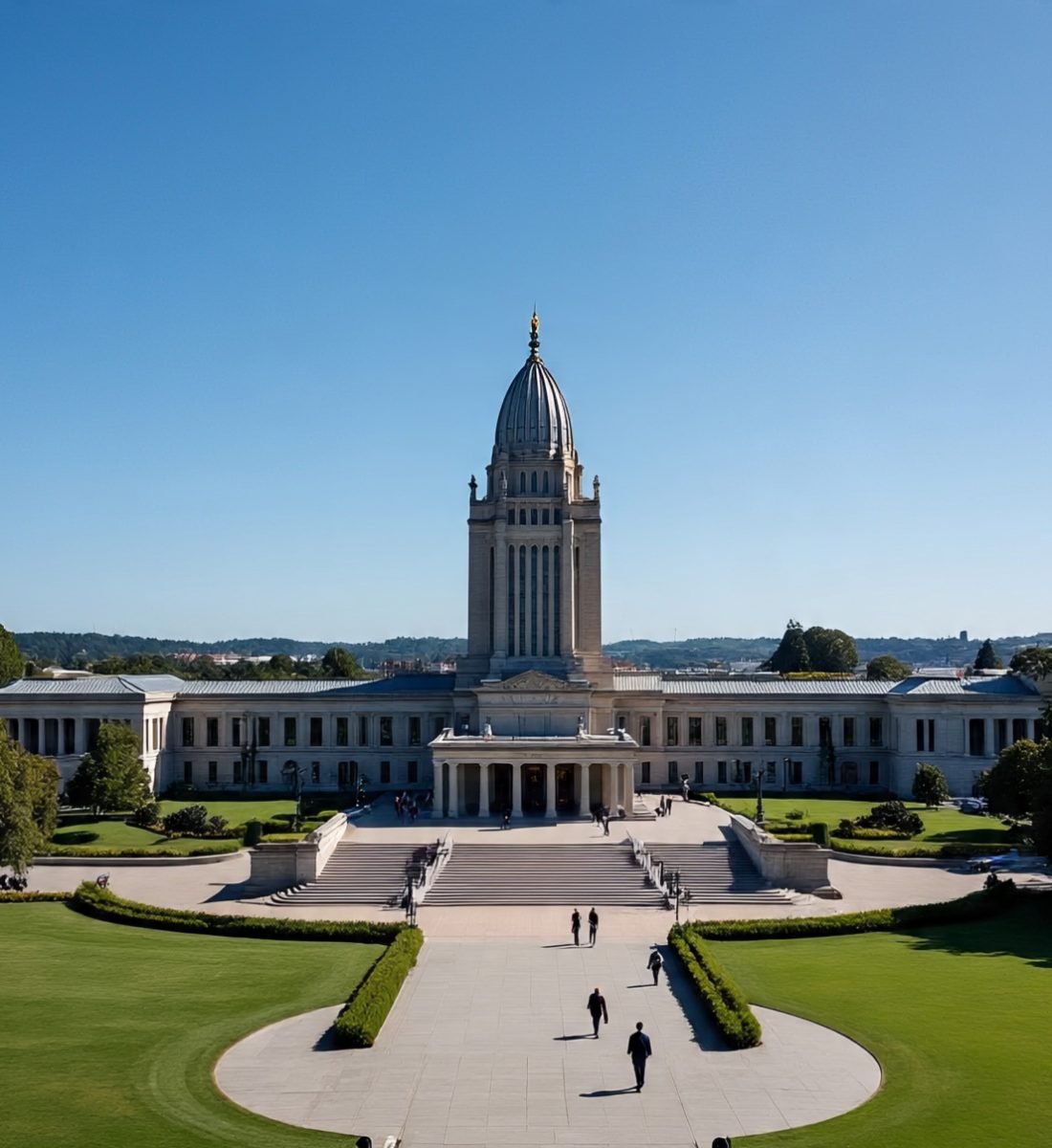New Zealand PM Defends Controversial Electoral Law Reforms Amid Human Rights Concerns

Government Pushes to Modernise Voting Laws
New Zealand’s Prime Minister Christopher Luxon has defended a sweeping overhaul of the country’s electoral laws, describing them as “outdated and unsustainable.” However, the proposed changes have sparked significant backlash, with warnings from legal experts and the government’s own attorney general about possible breaches of human rights and the potential disenfranchisement of over 100,000 voters.
Key Changes Proposed
The changes include:
Closing voter enrolment 13 days before election day, eliminating same-day enrolment.
Reinstating a blanket ban on prisoner voting, reversing previous legal relaxations.
Banning the provision of free food, drinks, or entertainment within 100 metres of a polling place.
These reforms would reverse several progressive voting policies that have expanded access to the ballot box over the past 30 years.
Criticism from Legal and Civil Rights Experts
New Zealand’s attorney general has warned the reforms may violate the country’s Bill of Rights, especially the right to vote. Civil liberties groups and opposition parties argue the measures could suppress voter turnout, particularly among young people, Māori communities, and low-income citizens who are more likely to enrol late or rely on same-day registration.
Luxon’s Response
Prime Minister Luxon dismissed the criticism, insisting the government’s plan will “bring clarity and order” to the electoral process and prevent “last-minute chaos.” He argued that advance enrolment is a reasonable expectation and claimed the ban on prisoner voting aligns with public opinion and moral accountability.
Concerns About Voter Disenfranchisement
According to data from New Zealand’s Electoral Commission, more than 100,000 voters cast “special votes” in the last election due to enrolling late or voting outside their electorate. Critics argue the new rules will disenfranchise this significant group and could damage trust in the democratic process.
FAQs: New Zealand’s Electoral Law Reforms
1. What is the main change proposed by the government?
The government plans to close voter enrolment 13 days before election day, eliminating the ability to enrol and vote on the same day.
2. Why is the attorney general concerned about these reforms?
The attorney general believes the changes may breach the New Zealand Bill of Rights, particularly the right to vote and fair access to elections.
3. How many people could be affected by the changes?
Over 100,000 voters cast special votes in the previous election—many of whom may be disenfranchised under the proposed new laws.
4. What’s changing about voting in prisons?
The new proposal would reinstate a total ban on prisoner voting, reversing a 2020 legal amendment that had restored some voting rights for inmates.
5. Why is banning free food and entertainment at polling places controversial?
Critics argue this measure could suppress efforts to encourage voter turnout, particularly in communities where such events are common to boost civic engagement.
For further Querry feel free to Contact Us
